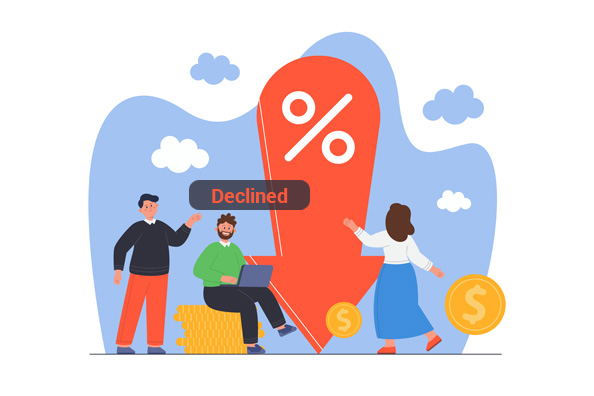
Desiring to see warm coastlines with attractive villas? Many worldwide investors select Spain as their preferred location for real estate purchases because of its appealing characteristics to non-EU buyers. You need to familiarise yourself with Spain's non-EU property tax laws before making an investment agreement if you reside outside the EU.
This article clarifies key details about Spanish taxes on real estate properties owned by citizens who are outside the EU. It explains these obligations, potential costs and recommended steps to follow the regulations.
What Is Spain’s New Property Tax Proposal?
Prime Minister Pedro Sanchez unveiled his transformative new policy in January 2025 by introducing a 100% tax rule for properties purchased by foreign residents outside the EU. The tax would require non-EU purchasers to pay total taxes equivalent to their buying cost, thus doubling the purchase expense.
Foreign buyers who intend to invest in Spanish properties will face significant tax consequences under this proposal, since it targets speculative housing markets, particularly active regions serving as popular tourist destinations. Foreign residents who are not EU citizens acquired about 27,000 properties in Spain during 2023, with the main objective being real estate investment rather than living in them.
Key points of the proposal:
- Target Group: Non-resident, non-EU purchasers.
- Tax Rate: Up to 100% of the property value.
- Objective: To discourage speculative purchases and reserve housing availability for residents.
- Status: The proposal awaits parliamentary approval and is still under consideration. Information on implementation and timeline has yet to be agreed upon.

When Are Taxes Due?
- Non-resident tax on income: Annually by December 31 of the previous year.
- Tax on rental income: Quarterly payments (January, April, July, October).
- IBI: Usually charged once per year, usually from May to November, depending on the city.
How to Pay Taxes as a Non-EU Property Owner?
To move to Spain, you will need to get a NIE (Número de Identificación de Extranjero), Spanish tax identification number, and possibly have to hire a fiscal representative to help manage your tax matters.
Foreign owners typically work with Spanish tax advisors or gestors to remain compliant and prevent tax penalties.
Common Mistakes to Avoid
- Overlooking deemed income tax (even when the property is vacant)
- Missing tax deadlines or failing to file the correct forms (e.g., Form 210 for IRNR)
- Failing to report rental income correctly
- Not remaining current on local variations in wealth tax thresholds or IBI rates
Final Thoughts: Non-EU individuals can buy Spanish real estate, since Spanish property is found to be perfect for lifestyle decisions as well as real estate investments. Spanish taxation, however, follows a compounded system, which can lead to expensive fines for its non-observance.
The proposed 100% tax on property acquisitions by non-EU residents makes it essential to stay updated and get expert help. For more latest updates on real estate, visit estateagentpower.com








